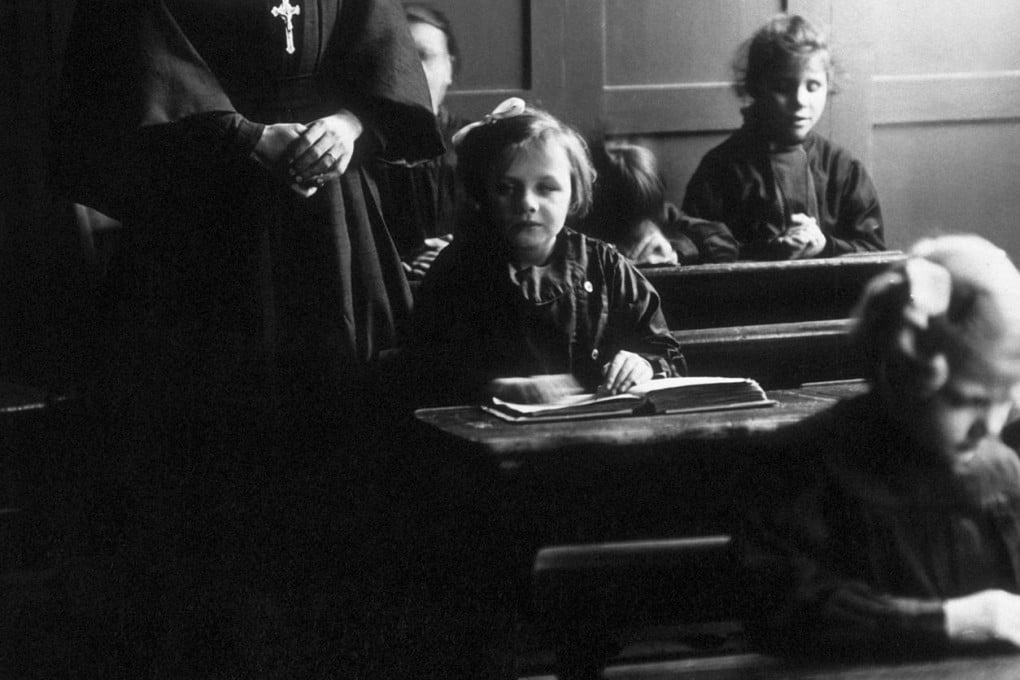Wales considers a more philosophical approach to teaching religion
Government of British principality wants pupils to have 'space and the time, within the school curriculum, to consider fundamental issues of faith and of citizenship and of the meaning of freedom'

For a long time, religious education has been about as unloved and neglected as a crumbling old church. Several people and organisations (some with a vested interest in its continuation) have warned in recent years that it has never been more needed, and this month it emerged the government of Wales, in the United Kingdom, is considering an overhaul of the subject.
Huw Lewis, the Welsh government's minister for education and skills, told the Cardiff parliament that religious education should be renamed, "[transforming] it into the religion, philosophy and ethics element of the curriculum - where there is an explicit commitment to allowing children to ponder ideas around ethics and citizenship".
He added: "We really need to allow young people the space and the time, within the school curriculum, to consider fundamental issues of faith and of citizenship and of the meaning of freedom."
Religious education, long seen by many pupils as being at the softer end of school subjects, has suffered over the years. A 2013 report by Ofsted, the school inspectorate in England, found that more than half of schools were failing to teach the subject adequately. A survey of 700 religious education teachers by the National Association of Teachers of Religious Education (Natre) found a quarter had had no religious education during their teacher training, and nearly half had done less than three hours. Another study by Natre found a 15 per cent drop in the number of pupils taking religious education at GCSE in England between 2012 and 2014.
"It's the only part of the school curriculum that hasn't changed for 70 years, which is incredible," says Linda Woodhead, professor of sociology in religion at the University of Lancaster, who wrote a recent report with the former education secretary Charles Clarke about religion's place in schools. She concluded that religious education was important, but that an update was long overdue.
The Welsh government isn't about to scrap religious education lessons, though Lewis hasn't expanded on the details of his wish to see them reformed. There is no place for indoctrination, or uncritical instruction, says Woodhead, and atheism should be part of religious education. She likes the idea of calling it "religion and ethics, so that the positions of everyone can be explored, because non-religious people have values and ethics".
